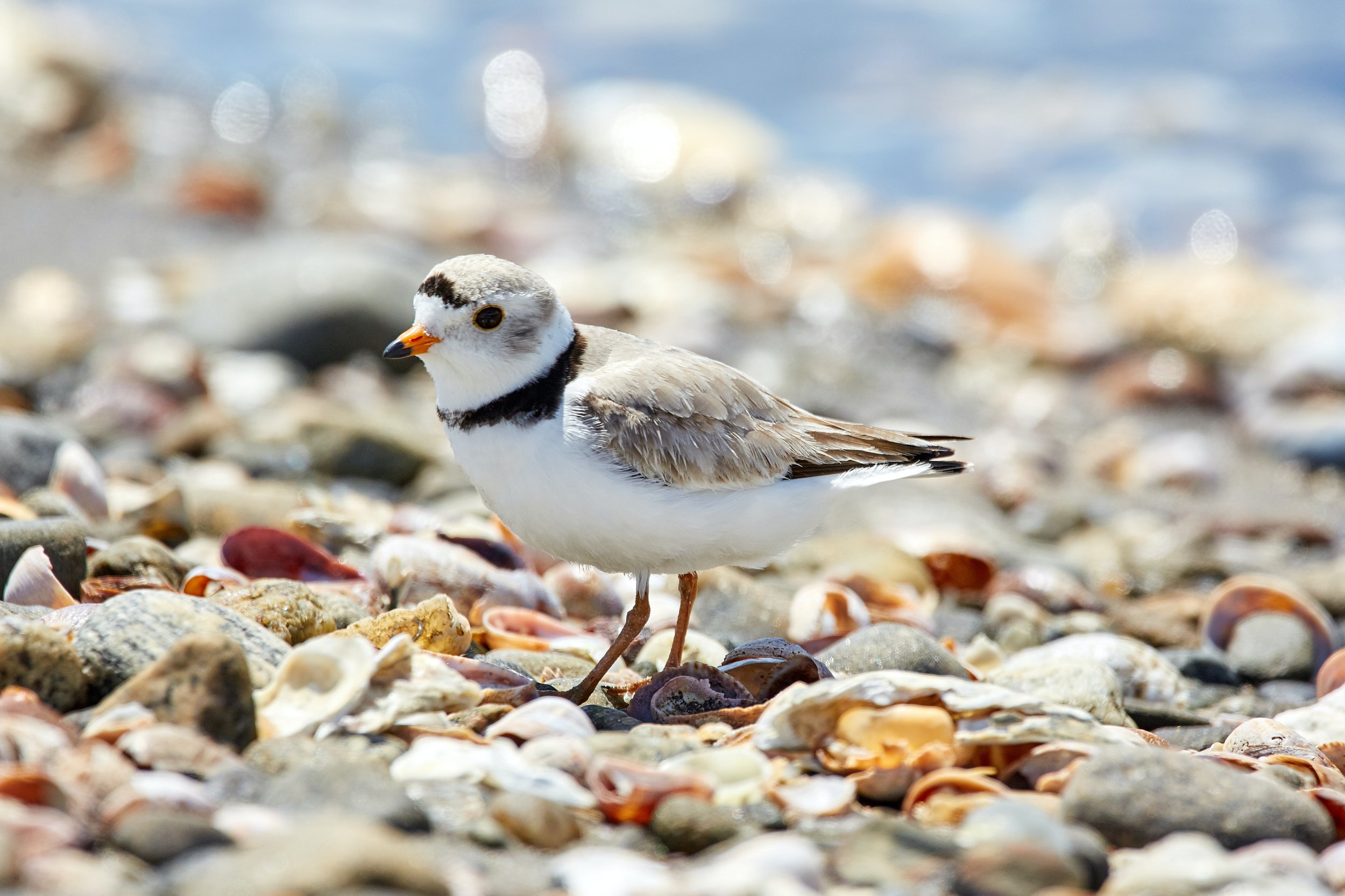
The Latest from the Coalition
On this page you can find the latest news from the Coalition, including stories of restoration successes, profiles of ongoing clean water issues, policy updates, and press releases.
Combating Heat Islands in Disadvantaged Neighborhoods
The Village of Skokie, Illinois, is planting at least 450 trees by 2028, reducing heat islands and improving health outcomes for its 68,000 residents.
New Dairy Concept: A More Sustainable Future for American Dairy
Learn more about the work of the the Dairy Grazing Apprenticeship to usher in the future of the dairy industry in the United States by focusing on two key elements: environmental sustainability and people.
Wisconsin Farm Network Reduces Runoff
The Door-Kewaunee Watershed Demonstration Farm Network is supporting sustainable methods of farming to reduce runoff pollution into Lake Michigan and Green Bay, improve groundwater and surface water quality, and model those practices for other local farms.
Demonstration Farms at Genesee River in Pennsylvania Pioneer Innovative Pollution Controls
By implementing the conservation practices that are part of this demonstration farm network, projects such as this support the Great Lakes Restoration Initiative goal for reducing nutrient runoff from agriculture.
Streambank Restoration at Petrifying Springs Park Improves Water Quality, Restores Native Species
Planting native vegetation along the Pike River and restoring an adjacent wetland is reducing erosion, preventing storm runoff, and providing a home for fish and other native species.
Wetland Restoration Reduces Stormwater Runoff, Improves Water Quality
Restoring 9 acres of wetlands in Michigan City, Ind., is preventing 37.5 million gallons of polluted urban runoff from flowing into a local creek and ultimately, Lake Michigan.
Nature-based Infrastructure Reduces Runoff
Installing nature-based infrastructure in Hobart, Ind. is preventing at least 800,000 gallons of polluted stormwater runoff from flowing into Lake Michigan.
Stabilizing Bull Creek Reduces Erosion, Improves Wetland Habitat
Bull Creek’s streambed and banks were stabilized, preventing erosion and reducing sediment pollution in wetland habitats and Lake Michigan.








